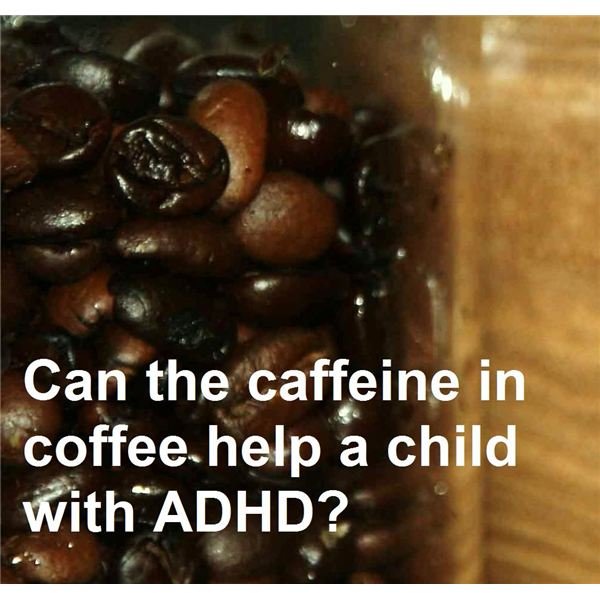Caffeine for ADHD: Why Give Caffeine to Kids with ADHD?
Why Caffeine is Used
The main rationale for using caffeine as an alternative treatment for ADHD is because it is a stimulant. Most FDA-approved ADHD medications, such as Ritalin, are stimulants. These substances stimulate the brain’s neurons that tell the child with ADHD to pay attention and stay focused. Since the actual mechanism of how Ritalin ADHD works to address the behavioral symptoms of inattention and hyperactivity, there is a tendency to assume that perhaps all kinds of stimulants, such as caffeine, will work.
There was also an obscure study in the 1990s theorizing that Brazilian children have a low incidence of ADHD because of coffee is part of their diet. There are, however, many other factors for the low South American ADHD statistics, such as limited diagnosis. Some medical professionals, such as Dr. Paul H. Wender, looked into the use of caffeine for ADHD. In his book, Dr. Wender concluded that without a doctor prescribed medication, caffeine could not be effective in controlling ADHD symptoms.
Why Caffeine should not be Used
Caffeine is not a cure for ADHD. In fact, there is no ADHD cure. There are only ADHD medications that control the behavioral symptoms that interfere with the ADHD child’s quality of life. Thus, for each child with ADHD, the treatment is tailored according to age and severity of the symptoms. Together with medications, there are also intervention approaches that will further help the special child succeed in school.
It is simply unfortunate that the present medical technology could not prevent side effects caused by the use of ADHD medications. These side effects, such as depression, anxiety, loss of appetite, headaches, gastrointestinal pain, and disturbed sleep, compel parents to seek alternative means to help the child. This is why, despite the inconclusive results of using caffeine as an effective treatment for ADHD, they still pursue the idea of adding coffee or cola in the diet of the child with ADHD.
Caffeine, however, has its own severe and undesirable effects. Some of the identified side effects are headache, irritability, fatigue, depression, nausea, muscle pain, twitching, stomach pain, and vomiting. The caffeine may also cause permanent damage to the still undeveloped neurological system of the child. At present, the best way for parents to help a child with ADHD is to use the multi-modal approach, which combined the use of medications and behavioral interventions.
